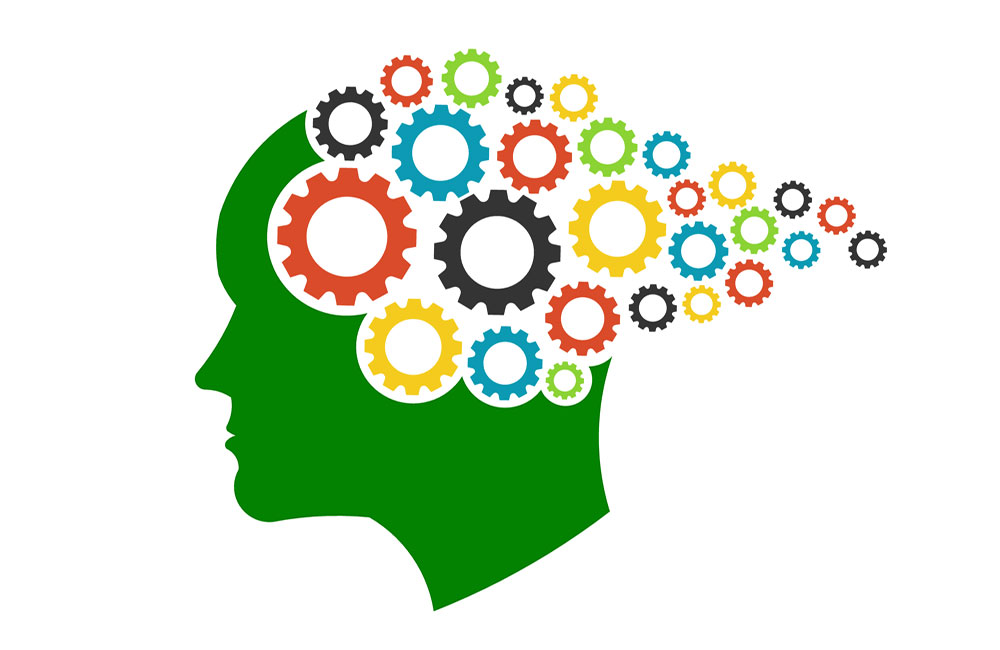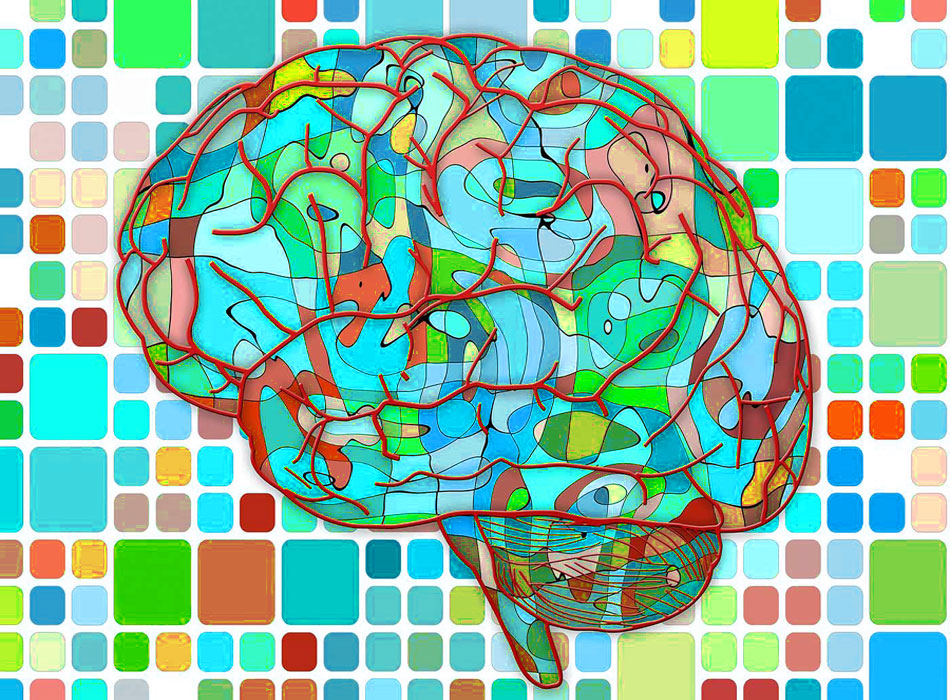Learn how metacognitive skills can make you a Superlearner. Metacognition is defined as thinking about thinking or understanding one’s own thought processes. For example, a student engages in metacognition when she realizes that she is having more trouble learning math than language skills and then adjusts her effort accordingly, spending more time practicing math problems than reading fiction. Metacognition may take many forms, but is typically divided into two types:
- Knowledge about cognition – i.e. learning how the brain naturally learns and the different forms of knowledge
- Regulation of cognition – i.e. adopting specific learning strategies for different subject matter
In the case of learning, metacognition is expressed in terms of study skills, memory techniques and monitoring progress toward a learning goal. Although a few people are naturally blessed with superior metacognition, most need to be explicitly taught this along with the subject matter of their coursework. The most important metacognitive skills for learning include:
- Planning: appropriate selection of learning strategies and the correct allocation of resources
- Monitoring: one’s awareness of comprehension, memory and task performance and ability to self-correct
- Evaluating: appraising the outcome of task or knowledge acquisition and its quality and efficiency
Superlearners who demonstrate a wide range of metacognitive skills like those cited above perform better on exams and complete work more efficiently, leading to greater success in school. They are self-regulated learners who utilize the right learning tool for the subject and modify learning strategies and skills based on their awareness of effectiveness. These Individuals identify blocks to learning as early as possible and change “tools” or strategies to ensure goal attainment.
Experts suggest introducing metacognition along with new subject matter. This should be done in three phases – before, during and after learning events.
Before Learning: Get students to activate their prior knowledge and give an orientation to the subject, including proven strategies to master it.
During learning: Encourage students to go deeper into the subject and make connections among topics. Use comparison and contrast to deepen knowledge and use examples to illustrate the practical application of new knowledge in solving problems.
After learning: Encourage students to create action plans and provide resources to continue learning on their own and in collaboration with others.
The path to superlearning is paved with metacognition. Without it, we are on the bumpy road of life, forced to learn everything at the school of hard knocks.


